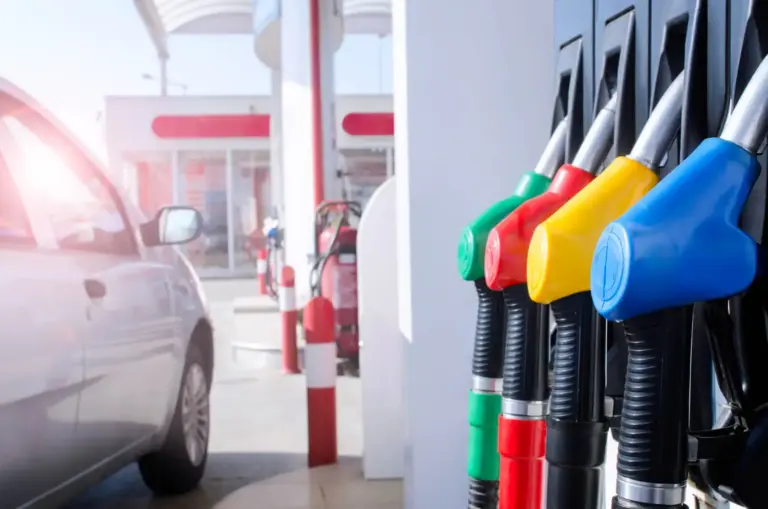Nigerians may soon experience a notable reduction in petrol pump prices, thanks to the growing impact of the Dangote Refinery and broader shifts in the nation’s energy sector. This projection was made by Ifeayi Ubah, Head of Investment Research at Comercio Partners Limited, during an interview on ARISE TV.
Ubah attributed the expected price drop to Dangote’s alignment with global crude price trends, noting that recent reductions in Dangote’s prices mirrored dips in international markets.
“The refinery is responding to global prices. When international prices fell, Dangote adjusted accordingly,” he said.
Nigeria’s energy landscape is undergoing a transformation as the country reduces its reliance on imported refined fuel and boosts local refining capacity. This shift is easing pressure on Nigeria’s foreign reserves and opening pathways for future exports of petroleum products.
Ubah revealed that another refinery—Buharabi—is also under development in the South-South region, which could further expand domestic supply and help stabilize prices nationwide.
He stressed that while global oil prices remain volatile—recently fluctuating from $60 to $77 and down to $55—Nigeria’s internal market could maintain stability in the long term, especially with local production taking precedence.
“Even with international instability, local refining gives Nigeria better control over pump prices,” Ubah said.
On Dangote Group’s strategy, the analyst noted that the conglomerate is integrating operations across the petroleum value chain—from refining to distribution—by establishing ties with depots, tank farms, and terminals. This model strengthens its financial base and gives it more leverage in setting competitive prices.
Ubah confidently forecasted that fuel prices could drop in the coming weeks, barring unforeseen political interference:
“In the next few weeks, I expect to see a downward reduction on how much we buy petrol,” he said.
He concluded that greater domestic refining capacity and market competition will ultimately drive prices down and offer real relief to Nigerian consumers. However, he cautioned that if this anticipated price cut fails to materialise, political interests could be to blame.

